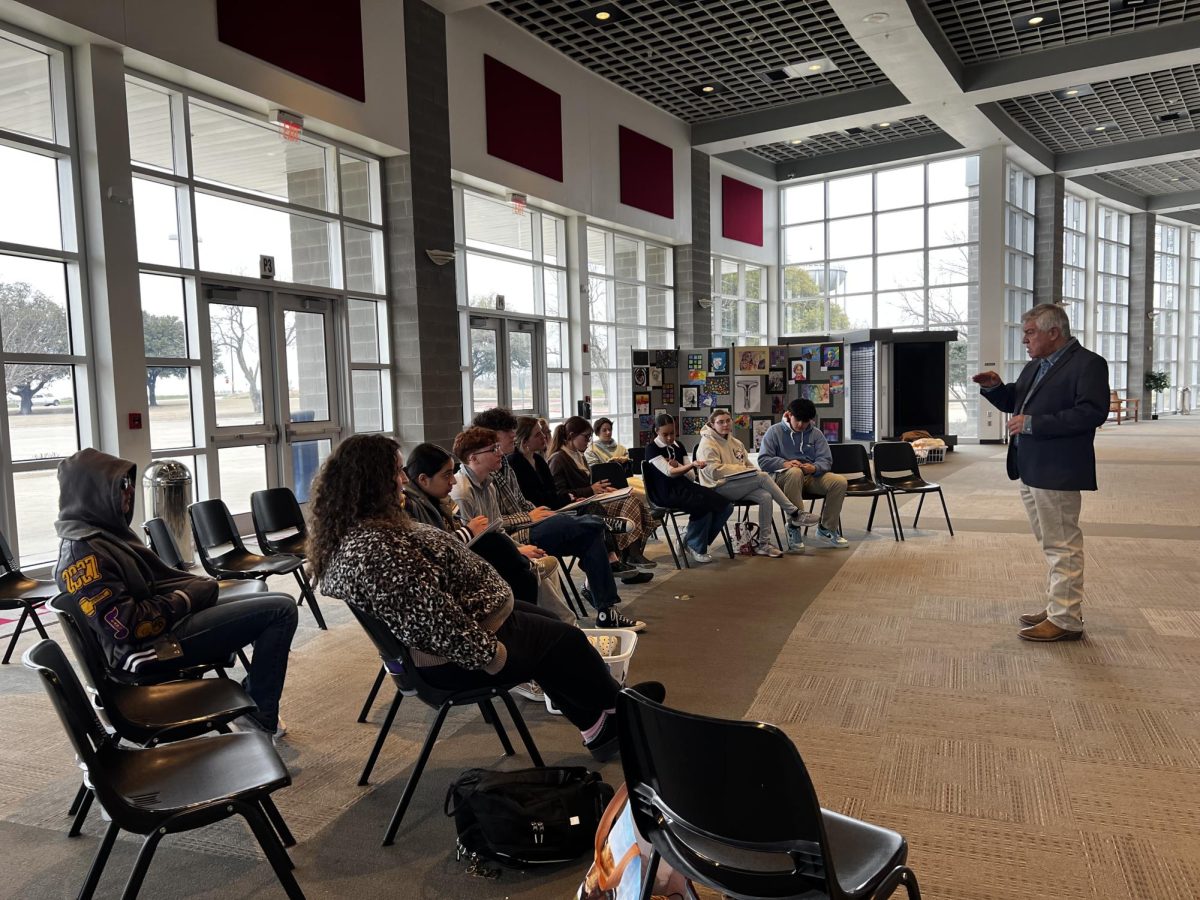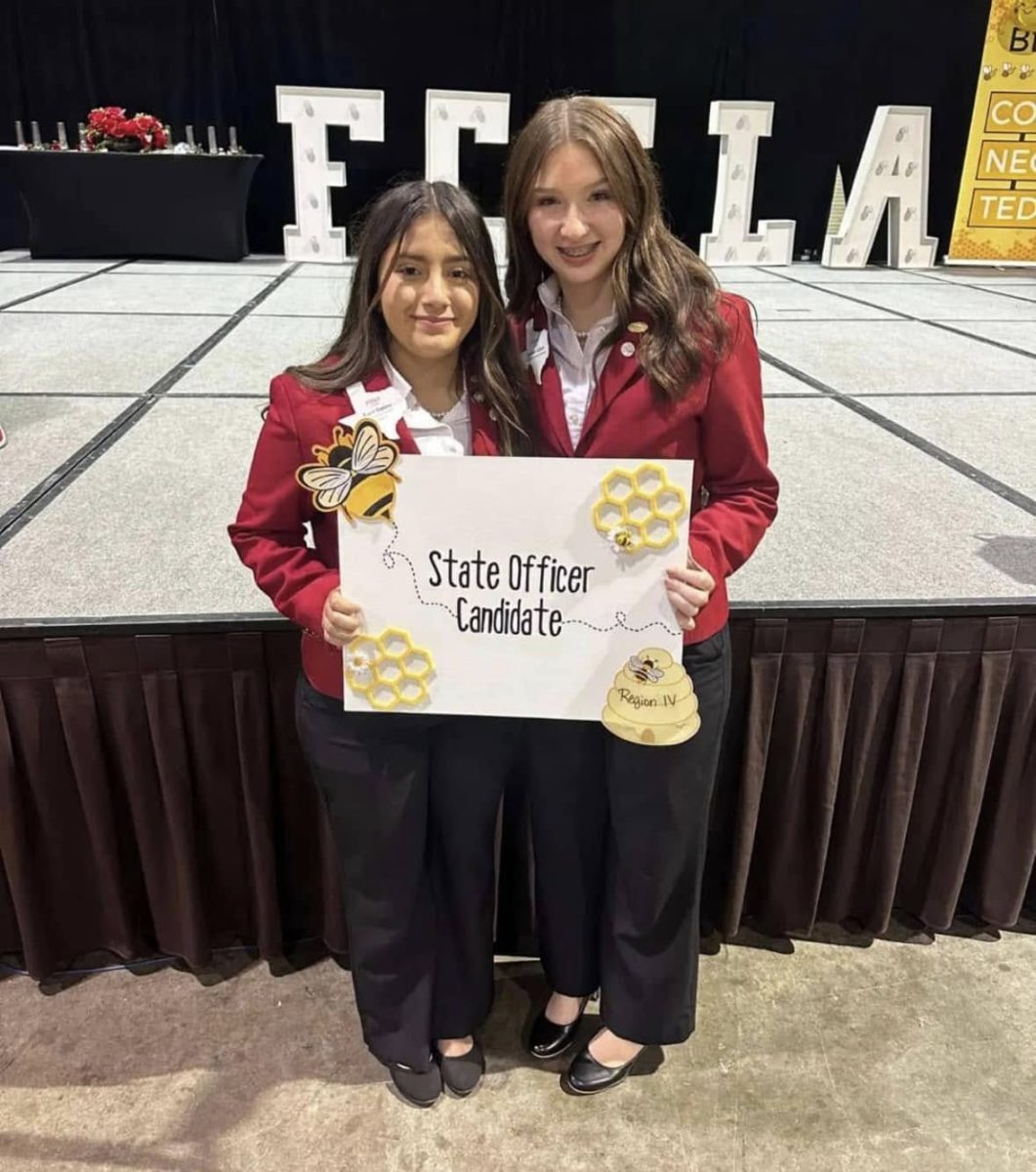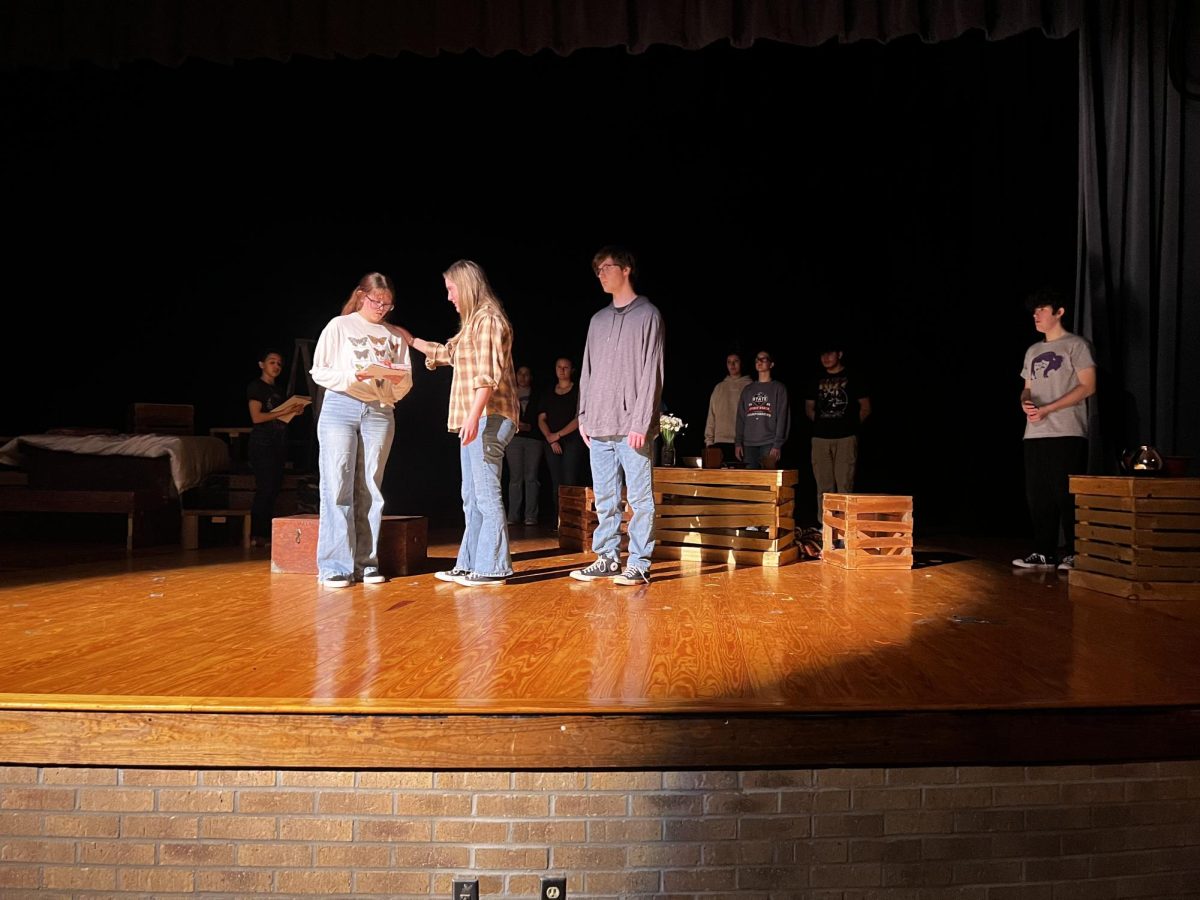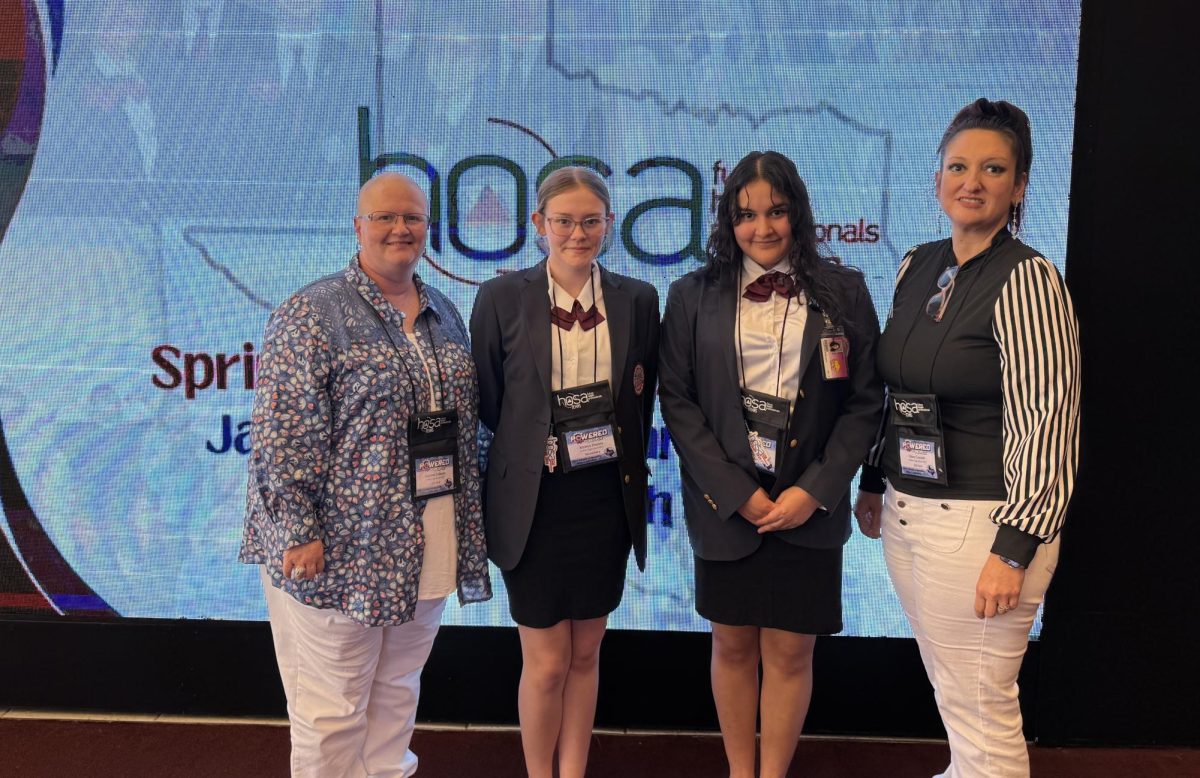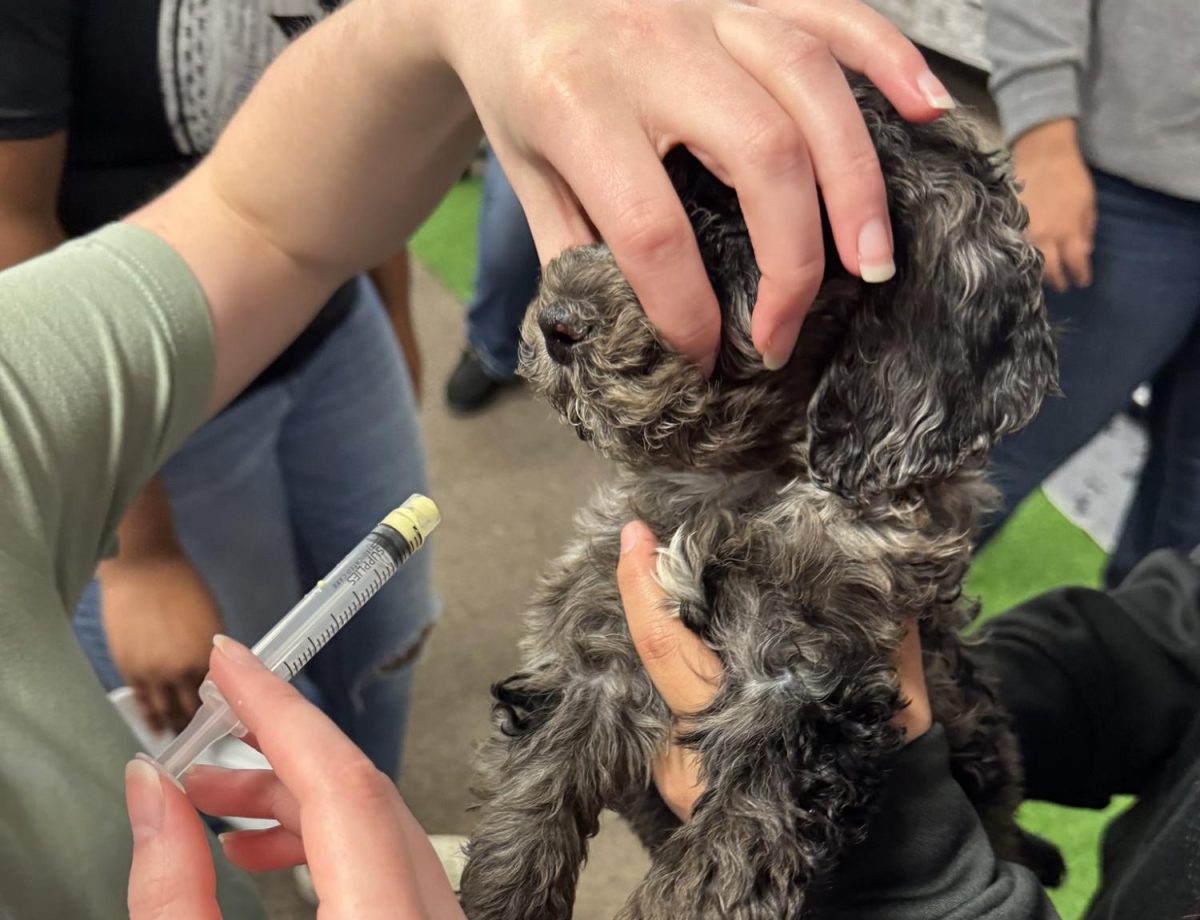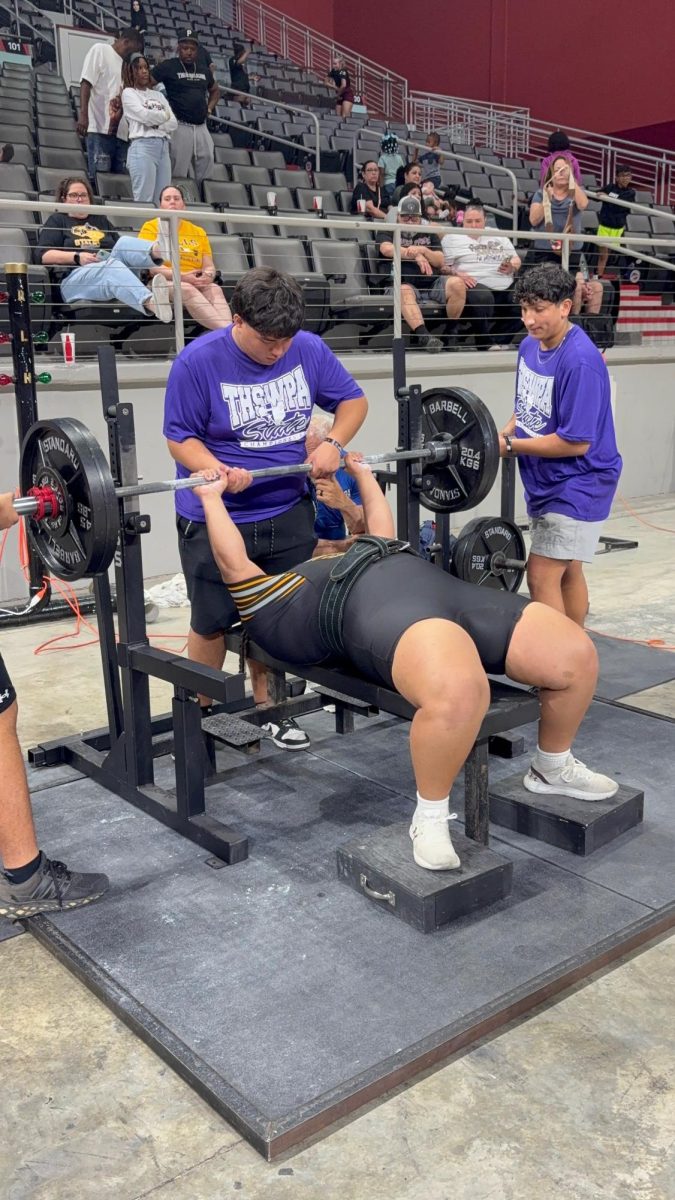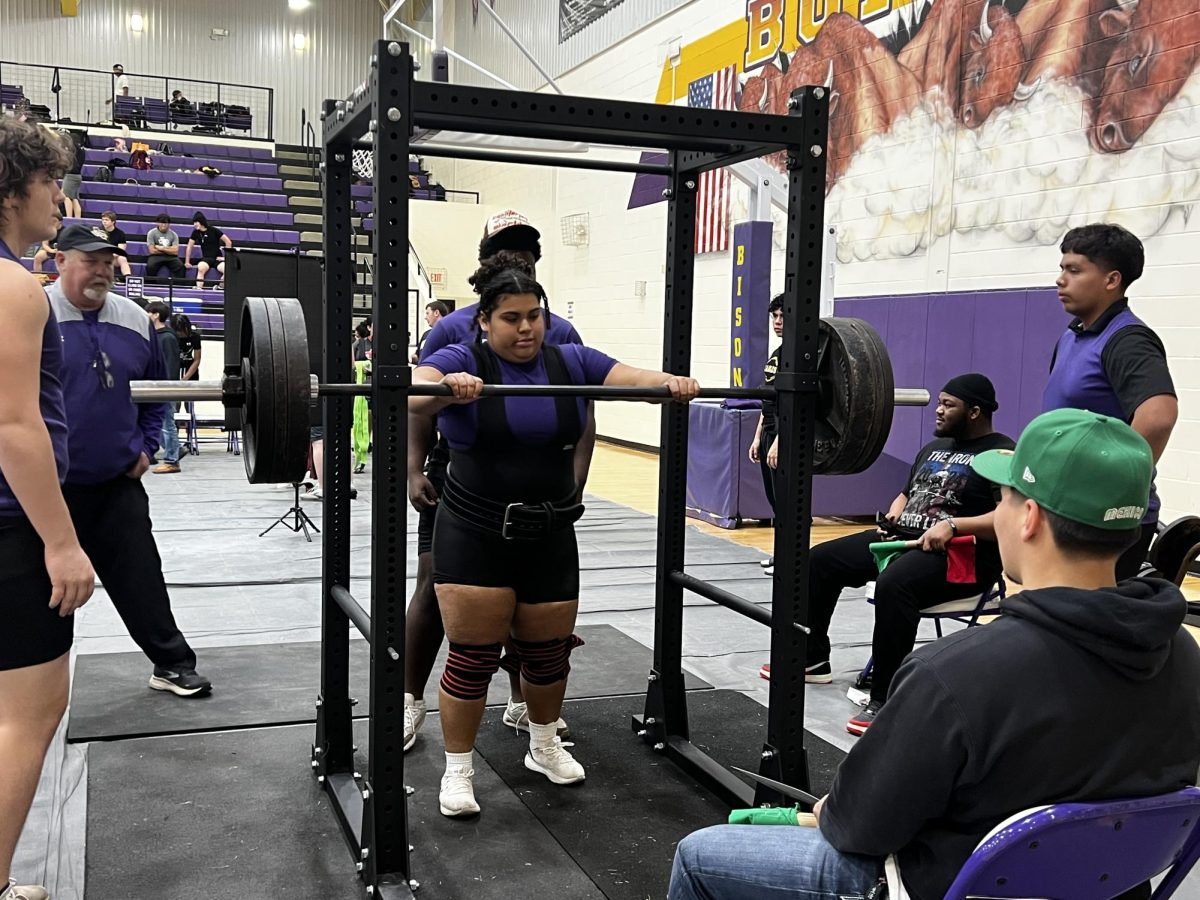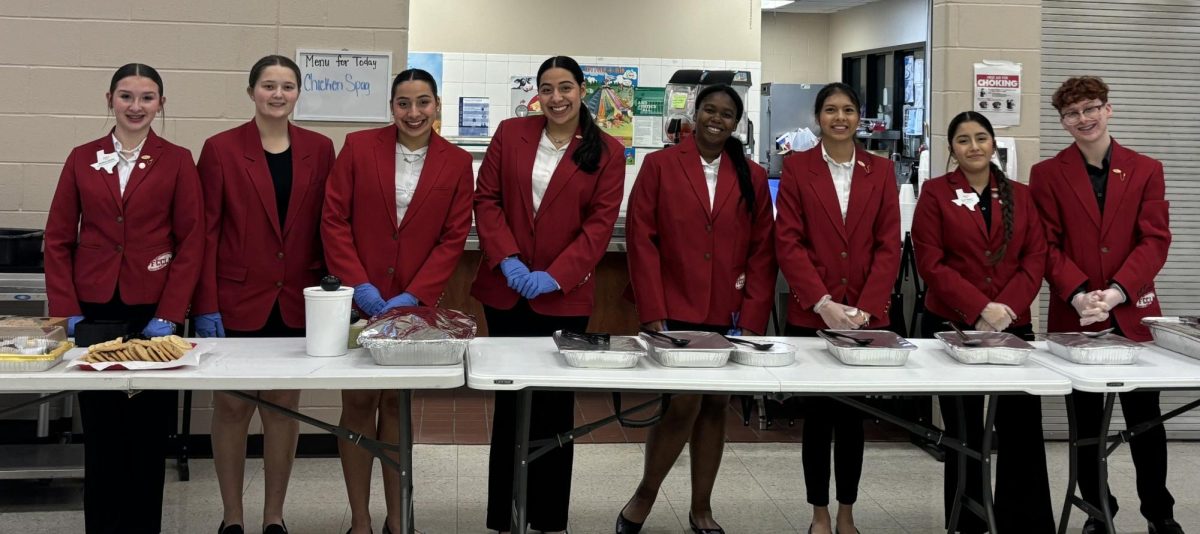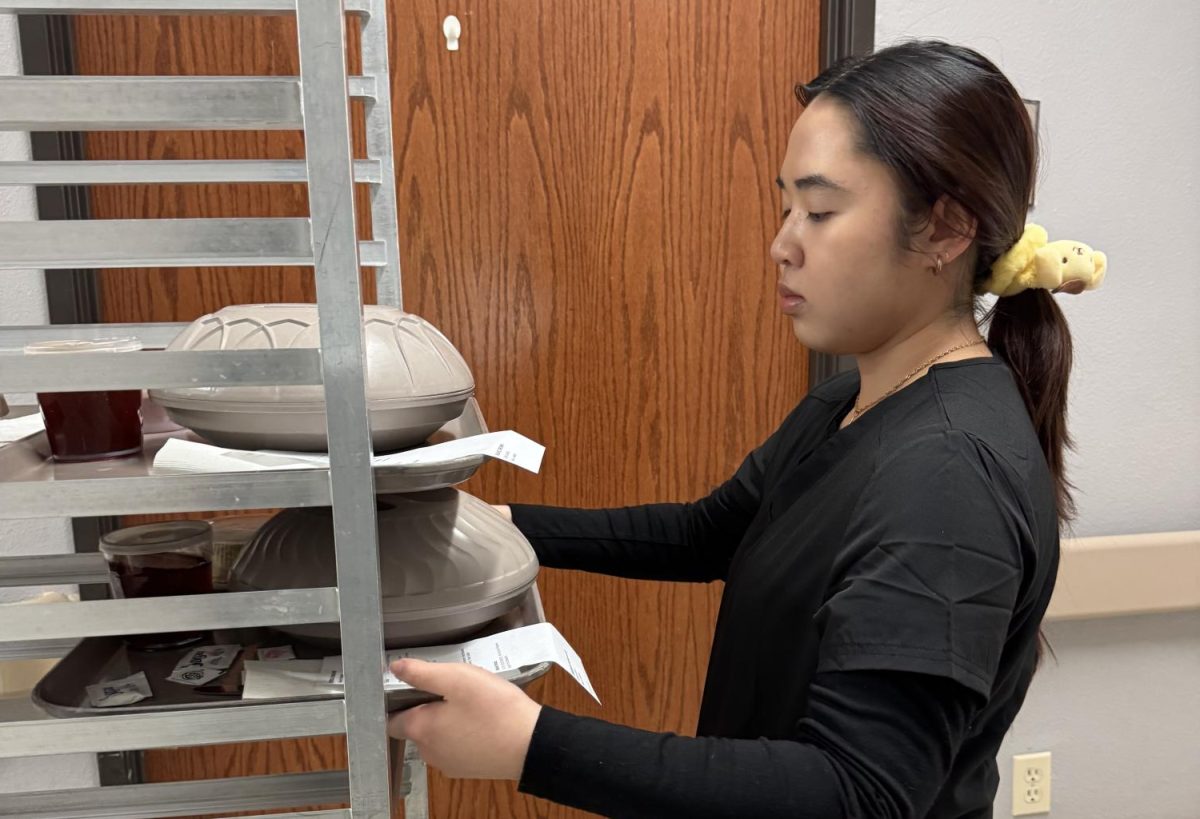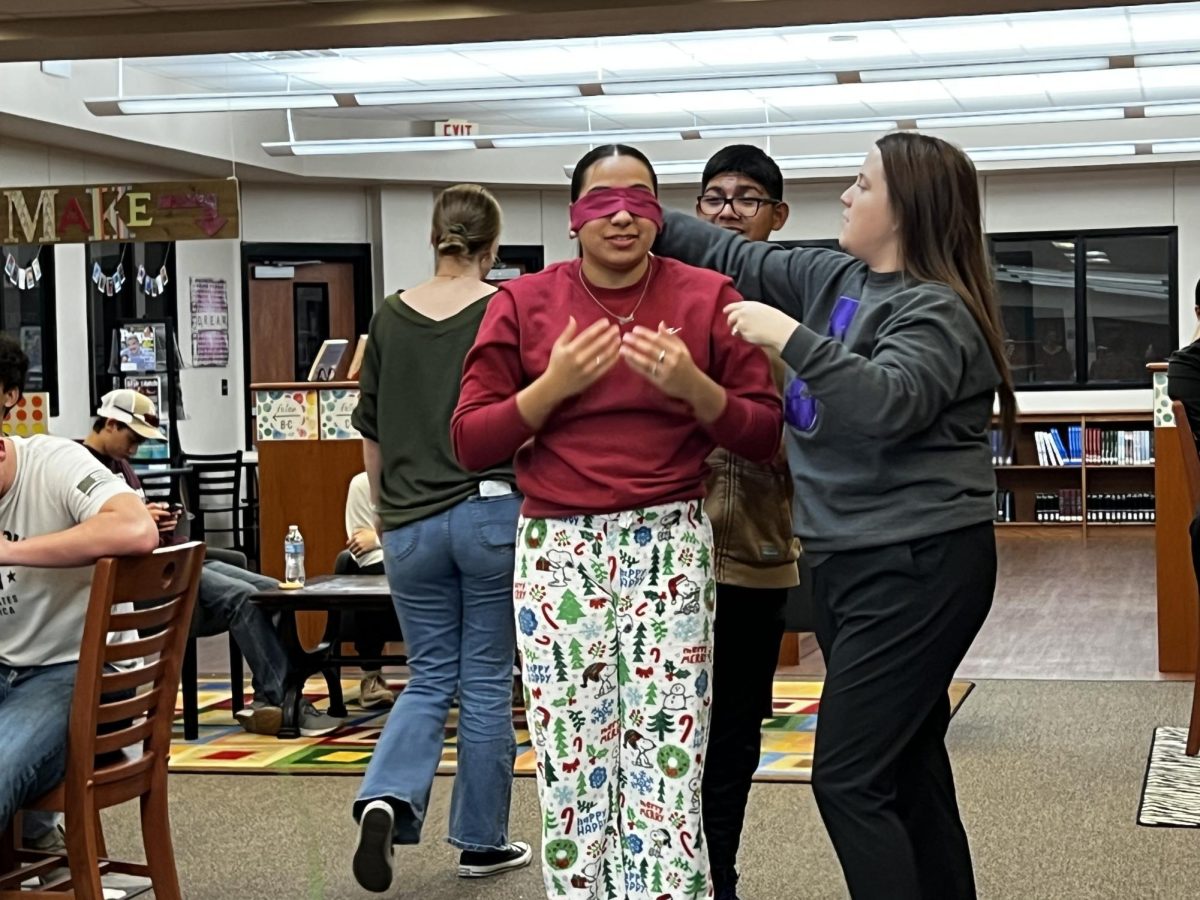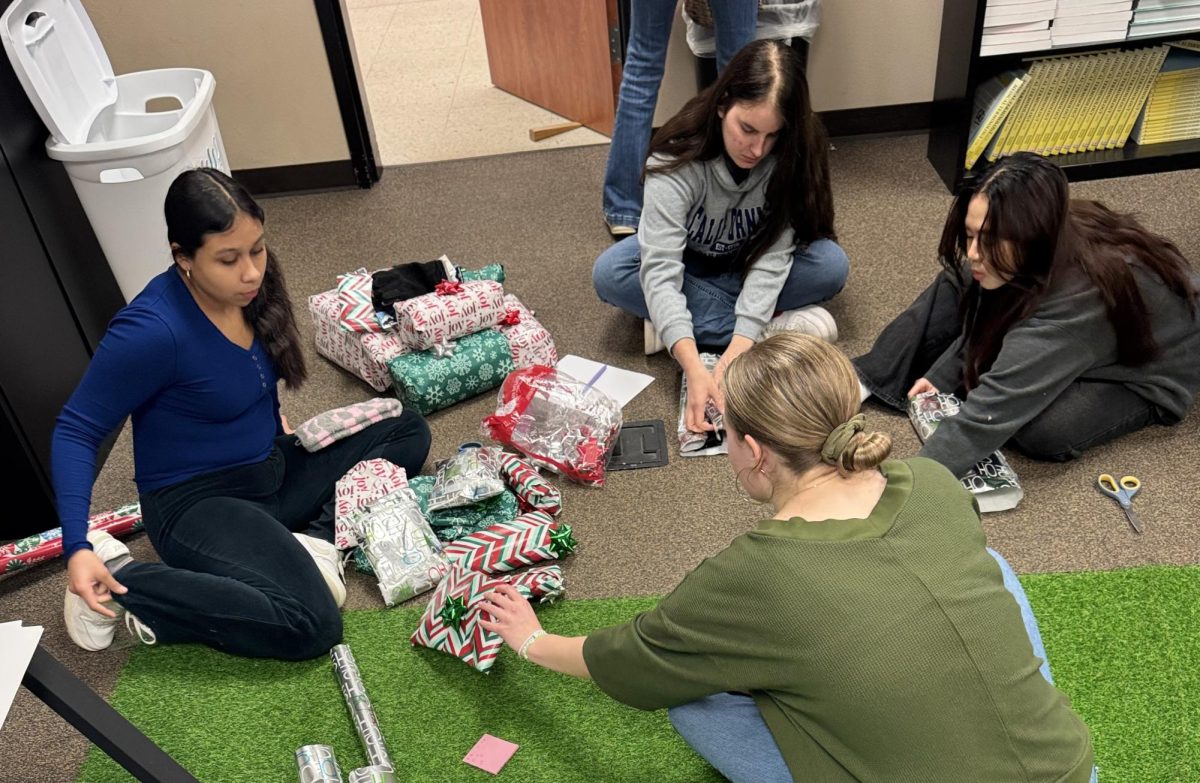The announcement was as unexpected as it was unprecedented. In the almost-90 years since the Houston Livestock Show and Rodeo debuted, it has never been shut down; however, it closed abruptly on March 11 amid the beginning of the nation-wide panic concerning COVID-19. With states, cities and school districts quickly following suit by canceling classes, large gatherings and various activities, livestock show participants have been left largely on their own to find ways to rescue their shortened show season.
With the Leon County Livestock Show on the calendar for next month, local livestock show participants worry that this event, too, will be canceled, leaving them with thousands of dollars and hundreds of hours invested into animals with no way to show them. While the county currently plans to continue with the show, no one is sure what form it will take.
“We’ve come up with several contingency plans,” Leon County Extension Agent Cassie Ferguson said. “We are very hopeful that the show will go on!”
The cancellation of the Houston show left local 4-H and FFA students with animals still to care for and no way to finish their major-show seasons. Ferguson, who graduated from Buffalo and who showed throughout junior high and high school, sympathizes with them over what they have lost.
“A lot of kids dream of walking their livestock projects in the HLSR show ring,” Ferguson said. “These kids missed a once-in-a-lifetime opportunity. They missed showing off their hard work and the animals that they have loved and worked with every day.
The suddenness of the cancellation made things that much worse.
“The bad news came just a few days before we were supposed to leave,” teacher Brenda Shaw, whose grandson, freshman Westyn Barger, was scheduled to show the week after spring break. “We were in shock. How could the livestock show be canceled?”
The news was no better for participants who had already shown, especially those who had more than one animal. Freshman Raylie Ezell and her sister, Kaylin, made the sale with their mini Herefords, but with the show closing, there was no longer a sale to be a part of. Neither girl was able to show her market steer, either.
“Kaylin and I have spent countless hours this year in the barn to prepare our steers for some of the biggest shows in Texas, Ezell said. “This has been a devastating event for not only me but my family and the entire livestock industry.”
Westyn had been working with his steer for nearly a year, since April 2019. Besides twice-daily feedings and halter breaking, the steer had to be weighed often to make sure he was on track and ready for Houston. Steers have to be washed and dried often to keep their hair and skin in good condition. After months of work, the announcement that the show was canceled was abrupt and without much direction. Social media was quickly flooded.
“Everyone wanted to know: what would happen? What about the time and money that everyone put into their animals?” Shaw said. “Facebook was flooded with questions, but there were no good answers.”
Eventually, answers and possible solutions started to trickle in, but none of the solutions have been able to fix the financial wounds caused by canceling the show, not to mention the emotional ones. 2020 had been predicted to distribute $27 million through scholarships, junior show exhibitors, educational program grants and graduate assistantships. The organization has offered an online auction for junior exhibitors, which had about $8 million in bids on Monday.
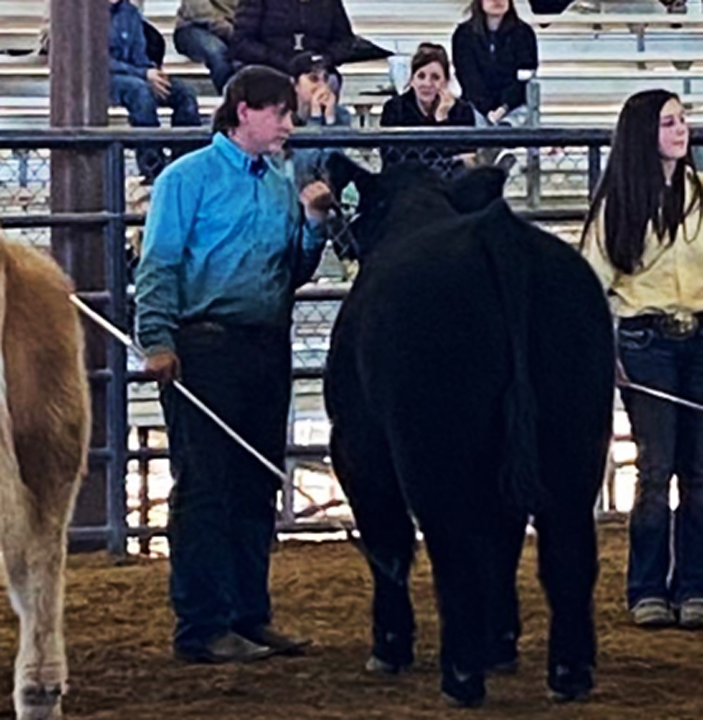
“HLSR posted that there would be an online auction. Students could post pictures of their animals and hope the buyers would bid on them,” Shaw said. “So far, that is not going very well. We are still hoping for more bids to come in on the steer.
Other participants have taken a more direct approach. Raylie has put her steer up for a heartbreak raffle in hopes of getting back a portion of the money that has gone into working with him. She is selling 100 tickets at $50 each. She will process the steer and four winners will each receive ¼ of the processed meat.
“We had really high hopes for Raylie and her steer this year,” Raylie’s mom DeAnna Ezell said. “She has put in countless hours at the barn working on her showmanship, feeding, grooming, bathing and exercising him. This is not just a hobby for Raylie; this is what path she has chosen for her life.”
Westyn and Raylie, like many other student exhibitors, depend on the money from one year’s project to help finance the next year’s project. Still, they know they are not the only ones hurt by the situation.
“Our hearts go out to all of the seniors and newcomers that didn’t get to experience their first or last time on the green shavings, Raylie said. “It has truly been a hard hit this year for the livestock industry and all the families who have been impacted.”



